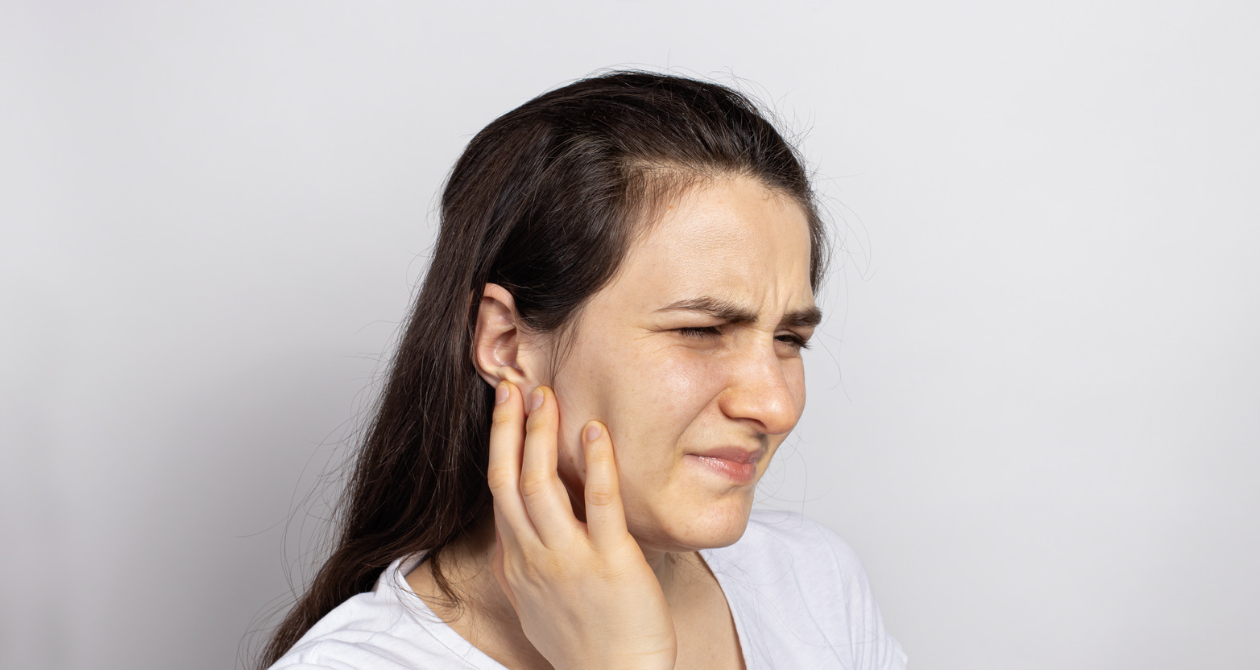Is Lockjaw a Dental Emergency? | Manhattan TMJ Dentist
August 2nd, 2018 | 2 min read

Imagine suddenly finding it painful or even impossible to open your mouth. This frightening condition, known as lockjaw, can disrupt your ability to eat, speak, and go about your day. Often mistaken as just a symptom of tetanus, lockjaw actually arises from a variety of dental and medical issues, including TMJ disorders and severe infections. But when is lockjaw a true dental emergency, and how can you effectively manage this alarming symptom?
In this blog, we'll delve into the causes of lockjaw, differentiate between its sources, and discuss the appropriate emergency responses and treatments available at NYC Smile Design. Whether it's a rare but severe infection or a chronic dental condition, understanding lockjaw is the first step towards relief.
What is Lockjaw?
Lockjaw is a condition characterized by an inability to open the jaw completely, often due to muscle spasms that force the jaw to remain tightly closed. This can cause significant pain and discomfort, making normal activities like speaking and eating challenging. While lockjaw can stem from various causes, including tetanus, it is more commonly linked to dental issues such as TMJ (temporomandibular joint disorders), misalignment, or bruxism (teeth grinding).
Common Causes of Lockjaw
Let's explore the common causes of lockjaw to understand why this painful condition occurs and how it impacts those affected.
Tetanus-Related Lockjaw
Though rare, tetanus can cause lockjaw when the infection, typically contracted through a deep wound, becomes severe. This type of lockjaw is a medical emergency that requires immediate attention, as it indicates a serious progression of the infection.
TMJ and Other Oral Health Issues
More frequently, lockjaw is a symptom of underlying oral health problems like TMJ disorders. These conditions may cause the jaw to lock periodically throughout a person’s life until properly addressed with targeted treatments.
Is Lockjaw a Dental Emergency?
The urgency of treatment for lockjaw depends on its cause:
- Tetanus-related lockjaw is a life-threatening emergency that needs hospital care.
- Lockjaw from TMJ or similar issues, while painful and potentially debilitating, usually does not require immediate emergency medical treatment but should be evaluated by a dental professional promptly.
Treatment Options at NYC Smile Design
At NYC Smile Design, Dr. Elisa Mello and Dr. Ramin Tabib are committed to providing swift and effective relief for patients experiencing dental emergencies, including lockjaw. While our practice is not a 24/7 emergency facility, we strive to accommodate emergency appointments as quickly as possible and can often see patients on the same day.
Immediate Relief Techniques
If you develop lockjaw and are unable to visit our office immediately, you may find temporary relief through:
- Over-the-counter pain relievers such as ibuprofen or naproxen.
- Apply a warm compress or gently massage the jaw area.
- Specifically, massaging the masseter muscle by applying gentle pressure or kneading circles in the area just under the cheekbone near the ear can help alleviate tightness.
Long-Term Solutions
For long-lasting relief, our team focuses on treating the root causes of your lockjaw with comprehensive treatment plans that may include muscle relaxation techniques like BOTOX® Cosmetic, adjustments to dental alignment, or other specialized therapies tailored to your specific needs.
Fixing Your Lock Jaw
Experiencing lockjaw can be alarming and painful, but understanding the cause is crucial to determining the right course of action. Whether it’s an urgent medical condition or a dental issue that can be resolved with prompt care, our team at NYC Smile Design is here to support you.
Need Immediate Dental Care?
If you’re suffering from jaw pain or lockjaw, don’t wait. Contact NYC Smile Design at 212-452-3344 to schedule an appointment and receive expert care tailored to your needs. We provide urgent dental services to residents throughout Manhattan and the surrounding areas.
Topics:

